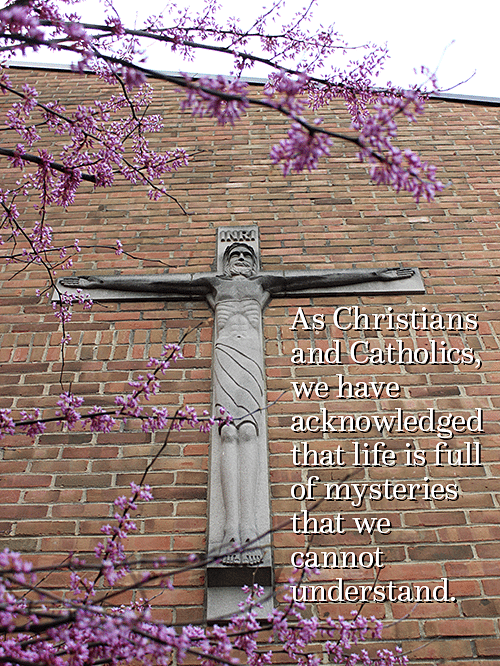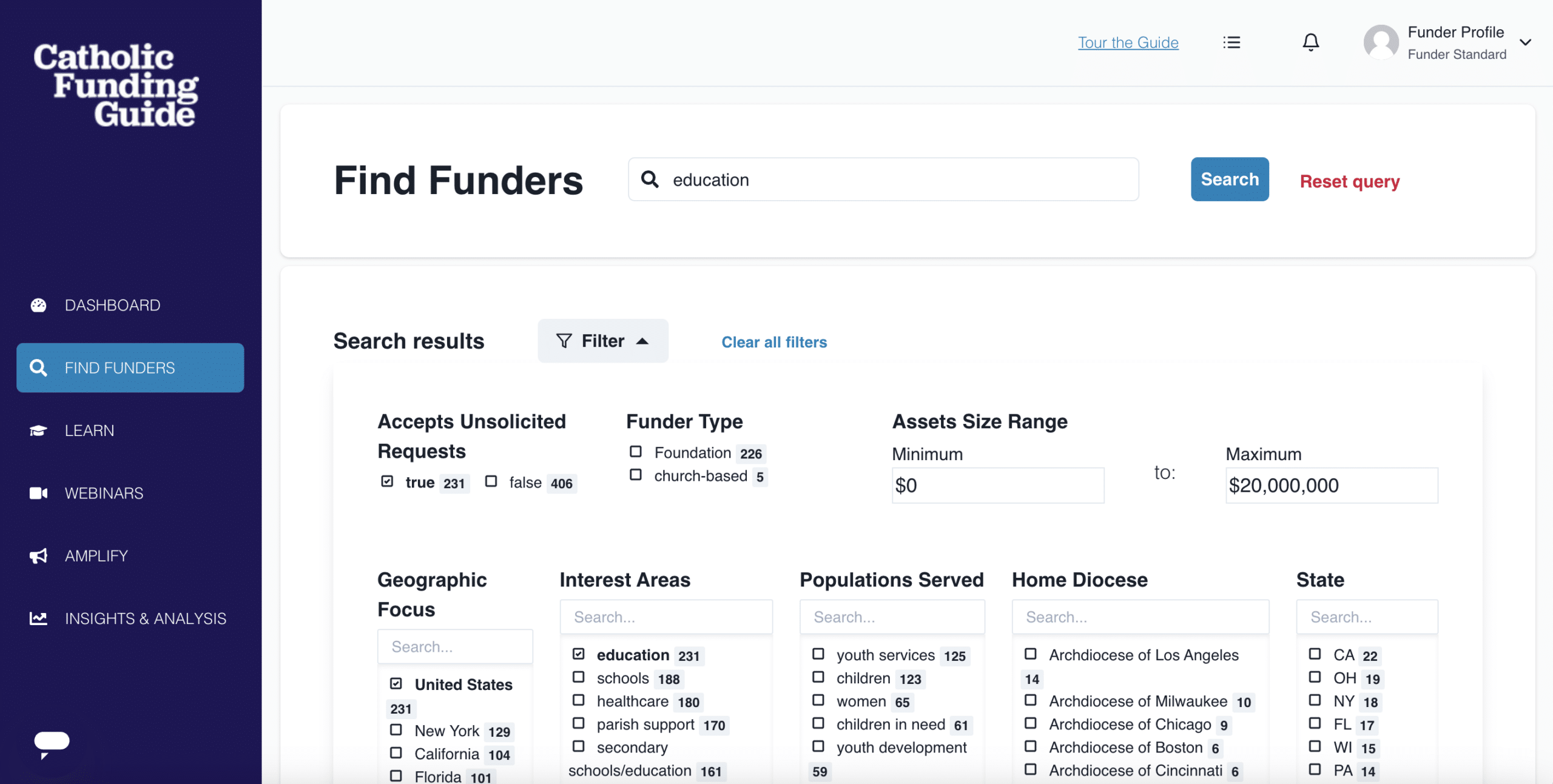The ability to experience the liturgies of Holy Week and Easter in person is something I will never take for granted after experiencing the disruption of our worship traditions in 2020. Last year, during the first months of the COVID-19 pandemic, I spent a lot of time trying to make sense of things – trying to understand why certain events were unfolding, why certain actions were taken, and why people behaved as they did.
This year, as I listened to the readings during the liturgies for Holy Week and Easter, I realized that the followers of Jesus felt similarly as they were also trying to make sense of the events during the days surrounding Jesus’ death and resurrection. The confusion, disbelief, and overwhelming fear felt by the disciples resonated with the feelings that many of us have faced throughout the pandemic.

As Christians and Catholics, we have acknowledged that life is full of mysteries that we cannot understand. In scripture, we are reminded that “There is an appointed time for everything, and a time for every affair under the heavens” (Ecclesiastes 3:1), and that God “has given us a desire to know the future, but never gives us the satisfaction of fully understanding what he does” (Ecclesiastes 3:11).
The story of Jesus’ resurrection tells us that we are not alone in facing the mysteries of God’s kingdom. When Mary Magdalene returned from Jesus’ empty tomb and told the disciples what she had witnessed, they did not believe her, because “they did not yet understand the scripture that he had to rise from the dead” (John 20:9). Even when Jesus appeared to his friends on the road to Emmaus, “their eyes were prevented from recognizing him” (Luke 24:16). These witnesses of Christ’s life and death were feeling the pain and grief of his loss so deeply that they were unable to comprehend the overwhelming joy of his resurrection.
When Jesus appeared to all eleven of the apostles and finally convinced them of his resurrection, he “rebuked them for their unbelief and hardness of heart” (Mark 16:14) but also offered reassurance to them by saying “And behold, I am with you always, until the end of the age” (Matthew 28:19-20).
This past year has challenged our beliefs and has left many questions unanswered. To resist the “hardening of our hearts,” we can acknowledge that life’s mysteries are part of God’s plan, and lean into the mysteries of our faith by trusting more deeply in God. The Paschal Mystery of Jesus’ death and resurrection is our gift of salvation and hope, for “in dying he destroyed our death, and in rising he restored our life.” This Easter season, let us pray for all those afflicted by the pandemic that they may find the strength to confront the mysteries of life, and find new hope in the risen Lord.



